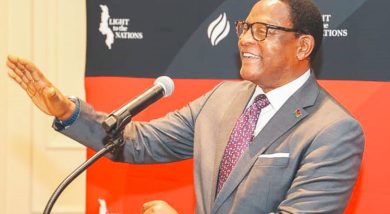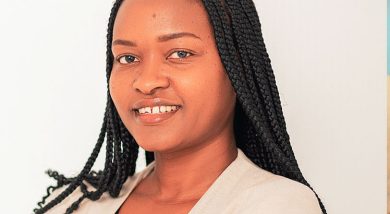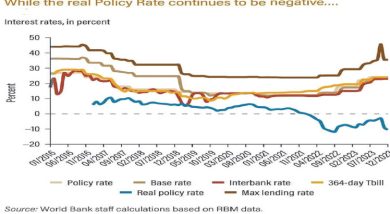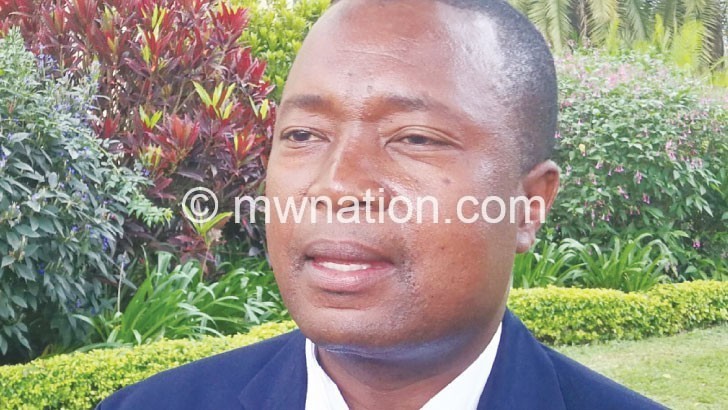NSO in K1.5bn livingconditions study
National Statistical Office (NSO) in collaboration with the World Bank’s Living Standards Measurement Study, has invested K1.5 billion to conduct the Integrated Household Survey (IHS5) this month.
The survey collects information on poverty and income equality, demographic characteristics, health, education, labour force participation, credit and loan, household enterprises, agriculture, housing infrastructure and asset ownership, food security and mortality indicators.

NSO spokesperson Kingsley Manda said in an interview on Thursday the IHS5 is the fifth cross-sectional survey in the series and will cover about 12 480 households and will be implemented using the World Bank Survey Solutions Computer Assisted Personal Interviews and Computer-Assisted Web Interviewing platforms.
He said: “Integrated Household Survey, which in other countries is called Living Standards Measurement Survey, aims at collecting data that will be used to plan and implement activities to improve the standard of living [welfare] of people in Malawi.
“The 12 480 households will be randomly selected using a multistage sampling technique in all the districts that is in rural and urban areas.
“This is not the first time the government is doing the survey. There are other surveys that also give Malawi’s data on living conditions but this one is comprehensive. So, it’s a nationwide survey, meaning the results will be inferred on the whole population.”
University of Malawi’s Chancellor College economics professor Ben Kaluwa commended NSO for considering to conduct the survey, saying Malawi needs to have updated national data for accurate decision-making to improve social economic development of the country.
“The major issue is actually that of benchmarking. You want to know where you are coming from, where you are and where you need to be going.
“You need to know how rural bound people are relative to their urban compatriots and then over time you would like to know where you were 10 years ago,” he said.
NSO conducts IHS studies every five years and the first such survey was conducted in 1990.





